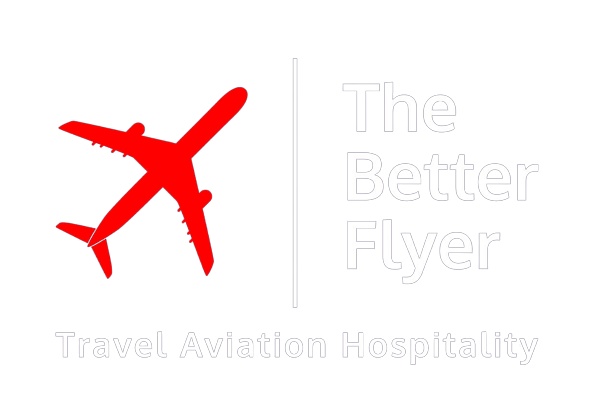The Italian Competition Authority has opened an
investigation into Booking.com to determine if the online travel agency is
intentionally “reducing the freedom of Italian hotels in setting prices.”
In February, during the company’s earnings call, Booking Holdings CEO Glenn Fogel
announced that Spanish regulators had filed a draft decision alleging similar wrongdoing
and proposed a fine of $530 million.
At the time, Fogel said the company “could not disagree more”
with the Spanish decision and “arbitrarily large fine” and would appeal if it
becomes final.
Subscribe to our newsletter below
In a media release Friday, the Italian Competition Authority spelled
out its concerns regarding Booking.com’s Preferred Partner Program and
Preferred Plus. The regulators allege that the OTA is giving greater visibility
in search to participating hotels as long as they offer prices on its site that
are not higher than what they offer on their own websites or other OTAs. In
addition, the regulators said when Booking.com finds a hotel partner is
offering lower prices on other online channels, it believes it has the right to
match that price on Booking.com, without the hotel’s consent.
“Overall, this strategy is
likely to hinder the unfolding of an effective competition in the (at least)
national market for the online hotel intermediation and booking services, to
the detriment of other OTAs, with adverse effects on hotels and ultimately
consumers, in terms of higher prices and less choice for intermediation and
booking services,” the authority said, which also said it carried out “inspections”
at the Booking.com Italian office on Thursday along with the Italian Financial
Police.
In response to an inquiry from PhocusWire, a Booking.com spokesperson said, “We
can confirm that we are fully cooperating with the Guardia di Finanza and and
the Italian Competition Authority who visited our offices in Italy yesterday.
While we are working with the authorities on this matter, we absolutely believe
that concerns around competition should be handled with the EU directly, in
line with their current regulatory proposals – not additionally on a country by
country basis.”

